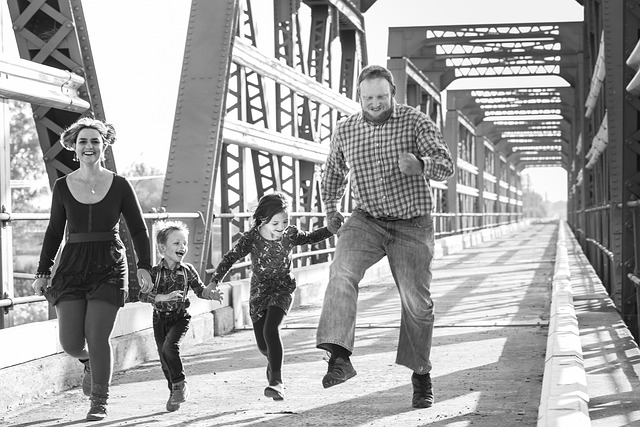Early Adulthood Phase One occurs with establishment of a job or career. A job or career impacts upon the subject’s definitions, frameworks, and working methods of adaptation. Lawyers, accountants, doctors, military and police officers, priests, monks, and reverends, psychologists, professors, plumbers, carpenters, farmers, ranchers, contractors, salespersons, and business owners really think differently.
Concordance of thought among occupations depends upon demands within occupation for uniformity and commonality of knowledge and practice, along with occupational cultures of socialization and work. Within an occupation, roles, responsibilities, and authority may change due to progress or decline in occupation or shifts imposed by culture change. Some occupations are more static, others more dynamic, with attendant consequences for subjects. The job or occupation provides a framework, a set of schema and similes that directly or indirectly are brought to bear on life problems that extend beyond the scope of the job or occupation. Experience of shifting demand or changing requirements for satisfactory performance impact upon political and world view beyond job or occupation.
Adulthood Phase Two arises with commitment to a partner. A traditional marriage commitment entails the essential idea of unconditional relation and obligation. This differs from secular marriage and contractual obligations that invoke or permit conditional termination. As a psychological correlate, unconditional commitment usually involves creation of a “we identity”. The “we identity” subordinates, or at least, coexists on a par with the “me identity”. In contractual unions, “me identity” trumps “we identity”. In traditional marriages, “we identity” necessitates accommodation of “me identity”. The adaptive demands of a “we identity” require a re-centering of self and, in successful marriages, the emergence, cultivation, and development of the cardinal virtues.
Adulthood Phase Three emerges from the experience of parenthood. Parenthood creates new goals, values, attitudes, and a new sense of self. Without legalistic contract or traditional vow, parents commonly experience an unconditional commitment to their children. The unconditional commitment to a partner perhaps facilitates the unconditional commitment to one’s child. Whereas one chooses the characteristics and appearance of one’s partner, the characteristics and appearance of one’s child is not chosen.
At times, especially during diaper changes, a child is an affront to personal narcissism. The old self-identity is lost, and a new identity (eventually) arises. This is an identity that is linked to the generations that preceded the self (most immediately one’s own parents), and the generations to follow oneself (one’s child, and one’s child’s children). Parenthood provides an impetus to maturity that transcends self-interest.
The practice of parenthood parallels Karmic practices for the pursuit of enlightenment. The practice of giving, selfless dedication, forgiveness, absence of self are natural corollaries of parenthood. The dialectics of constraint and liberty, discipline and freedom, accompany parental suzerainty. These are the dialectics that define humankind’s biblical relation to the Absolute. Parenthood provides the experiential foundation for appreciation and understanding of the traditional Canon.
Parents today, even with right attitude, are often distracted by a thousand demands other than those proffered by their children and rushed to meet life’s demands. Parents rarely have the opportunity to savor parenthood. In the US and modernized cultures, parenthood is too frequently viewed as a matter of money, time, and convenience, or a necessary task undertaken for the sake of normality or to please one’s parents. A postulate that seems to rule is the less that parenthood distracts from one’s freedom or leisure, the better, so parenthood is increasingly limited to a single, deferred child –with a nanny, if possible.
This frame is unlikely to lead to either maturity or the fruition, the grace, of parenthood. To deliver its promise of linkage to the generations, parenthood requires time sequestered for reflection. Reflection may occur by diary-keeping or by meditation, but reflection is necessary to capture the momentary into that which may be voiced and communicated. Even the fleeting and only once occurring may be crystallized and rendered into a form that is a window to knowledge beyond itself. For many this time of reflection occurs when the child is grown, and for some parents reflection is suffused with sweet sadness and for others, regret. How much more complete and even joyful when parenthood is reflected and savored during parenthood and not deferred.
